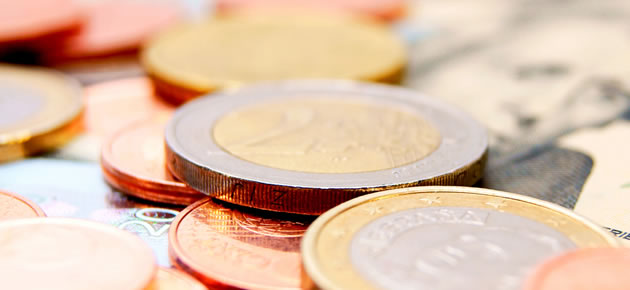Overnight the Euro soared to a two-year high against its US counterpart as investors speculated on the content of the latest European Central Bank meeting minutes.
However, the common currency weakened against the ‘Aussie’ as the South Pacific asset rebounded following the release of impressive Australian employment data.
The news that the Australian economy added a whopping 47,300 positions in February (considerably more than the 15,000 gain expected) caused the Australian Dollar to surge.
January’s employment figure was also positively revised to a gain of 18,000.
The Australian unemployment rate held at 6.0 per cent as the participation rate advanced to 64.8 per cent.
The February jobs increase was the largest for over 12 years.
Economist Michael Workman was quoted by Reuters as stating that the data was ‘a lot stronger than most people were expecting, so hopefully people will take that as a positive sign that you can have job losses that are extremely well publicised in manufacturing, and they are offset by jobs gains mainly in the services sector’.
However, while the Australian Dollar put in an impressive performance after the figures were published, its gains were trimmed as Chinese reports added to concerns of a slowdown in the world’s second largest economy.
On an annual basis, industrial production in China increased by 8.6 per cent in February, considerably less than the year-on-year gain of 9.5 per cent expected by economists.
Similarly, China’s retail sales climbed by 11.8 per cent last month (year-on-year) rather than jumping by the 13.5 per cent forecast.
Although the common currency continues to trade higher against peers like the Pound and ‘Greenback’, the appeal of the Euro was also dented by the Chinese news.
Meanwhile, the EUR/NZD pairing weakened considerably as the Reserve Bank of New Zealand acted in accordance with the expectations of economists and became the first developed-nation central bank to increase interest rates.
The RBNZ introduced a 25 basis point rate increase in an attempt to combat inflation risks.
Although the publication of minutes from last week’s ECB meeting could have an impact on the Euro today investors will also be focusing on the release of advance US retail sales figures and looking ahead to tomorrow’s German inflation report.
Euro (EUR) Exchange Rates
[table width=”100%” colwidth=”50|50|50|50|50″ colalign=”left|left|left|left|left”]
Currency, ,Currency,Rate ,
Euro, ,US Dollar,1.3949,
,US Dollar,1.3949,
Euro, ,British Pound,0.8375,
,British Pound,0.8375,
Euro, ,Australian Dollar,1.5386,
,Australian Dollar,1.5386,
Euro, ,New Zealand Dollar,1.6264,
,New Zealand Dollar,1.6264,
Euro, ,Canadian Dollar,1.5447,
,Canadian Dollar,1.5447,
[/table]



